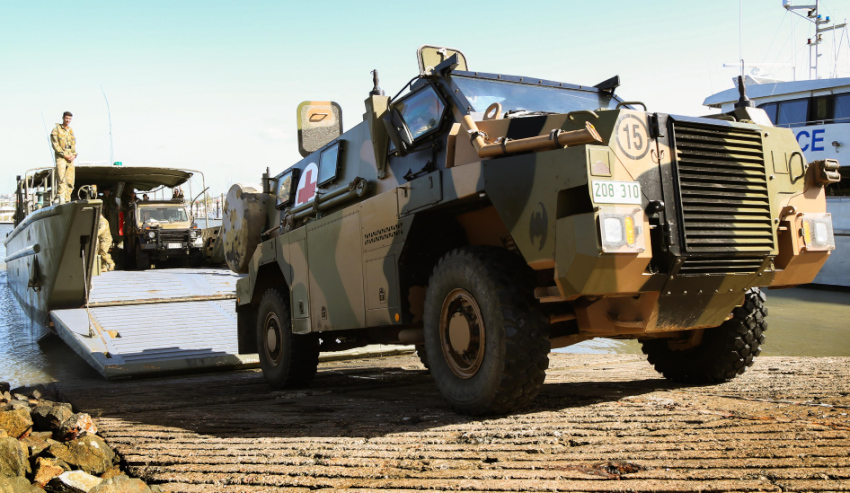While the defence industry is increasingly driving innovation and its products are making forays into the commercial sector, key issues remain around exceedingly long times to market, according to Maestrano chief executive and co-founder Stephane Ibos.
To continue reading the rest of this article, please log in.
Create free account to get unlimited news articles and more!
Speaking to Defence Connect, Ibos agreed that, in general terms, defence could be cast as a powerful generator of future innovators and entrepreneurs beyond the defence environment.
However, Ibos – himself a former defence industry manager turned independent startup co-founder – flagged some key problems around the shift of innovation and R&D products outside of the defence sector proper.
"It's a set of good and bad news," he said. "The good news is that if you look at most industry players in defence they are obviously [engaged in] lots of R&D programs, so all the people motivated by innovation can find plenty to do within that scope."
However, Ibos noted that on the downside, sales cycles were too long and the decision making process for government agencies were so extended that the experience could often prove exasperating.
"The bad news is, from my experience – and I've worked on probably 20 projects from the government and a good 10 internally – the problem is [that] between the time an industry player will do something as part of their R&D efforts and the time it becomes actually meaningful … deployed or actually delivered to the client, it becomes a bit underwhelming," he added.
"Because what you're working on today will be probably, if you're lucky enough, [be] on the field in 10 years," said Ibos.
He said that because new products would only be released in 10 years’ time, they were already obsolete when launched.
"So there is that frustration," said Ibos. "I think the defence cycle is way too slow and to be honest, I think both the industry and the government should look at themselves a little bit."

 Login
Login







